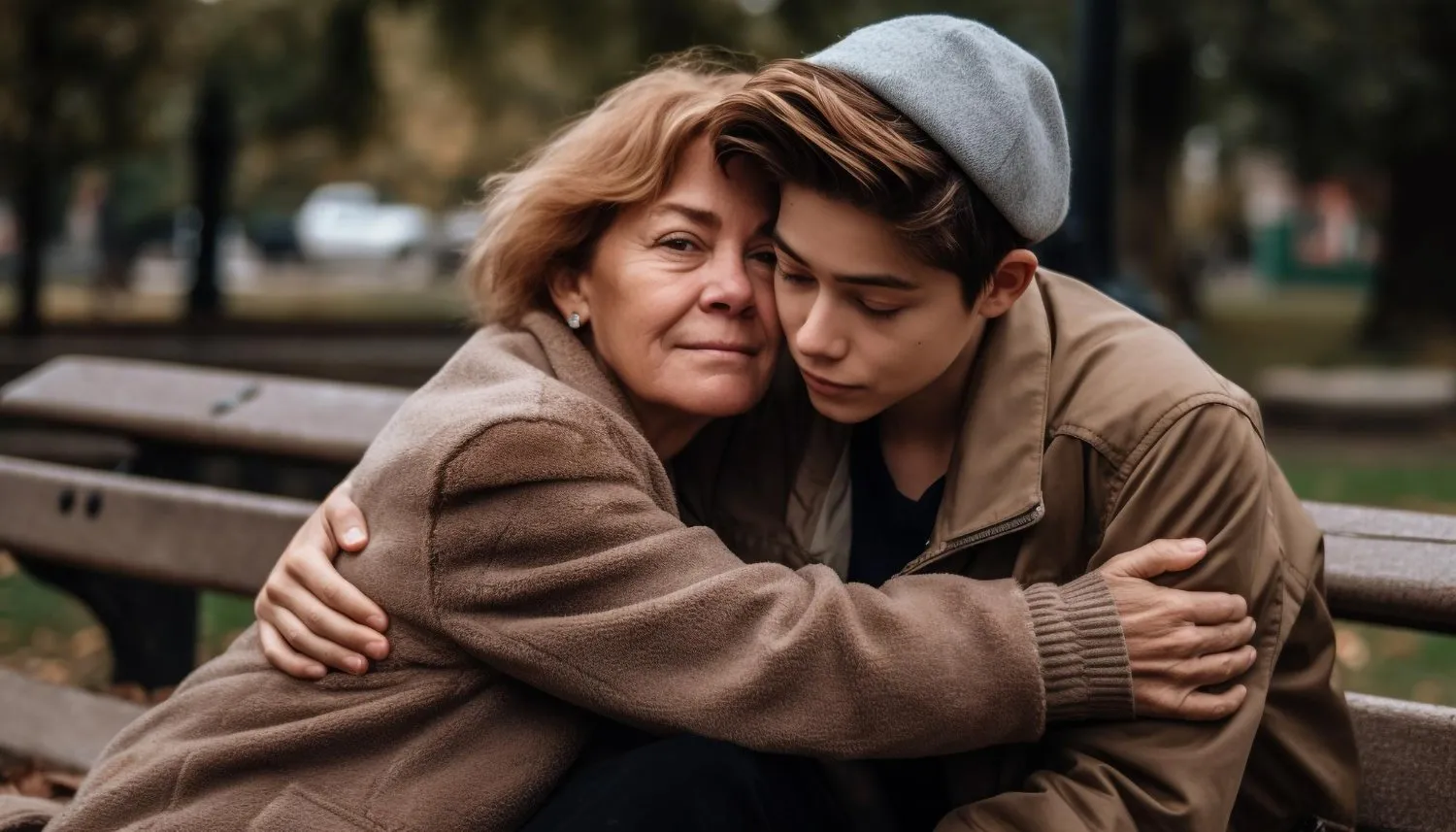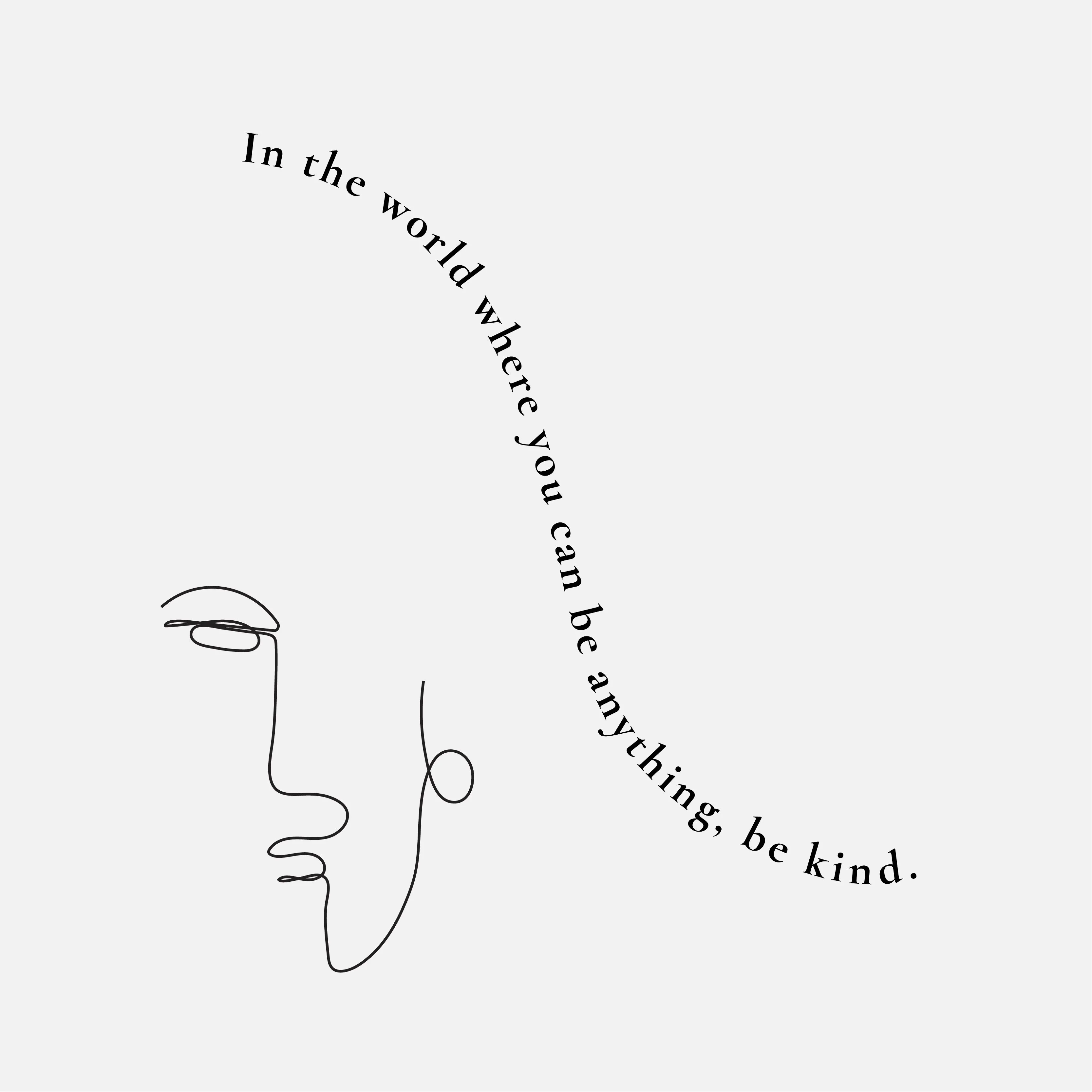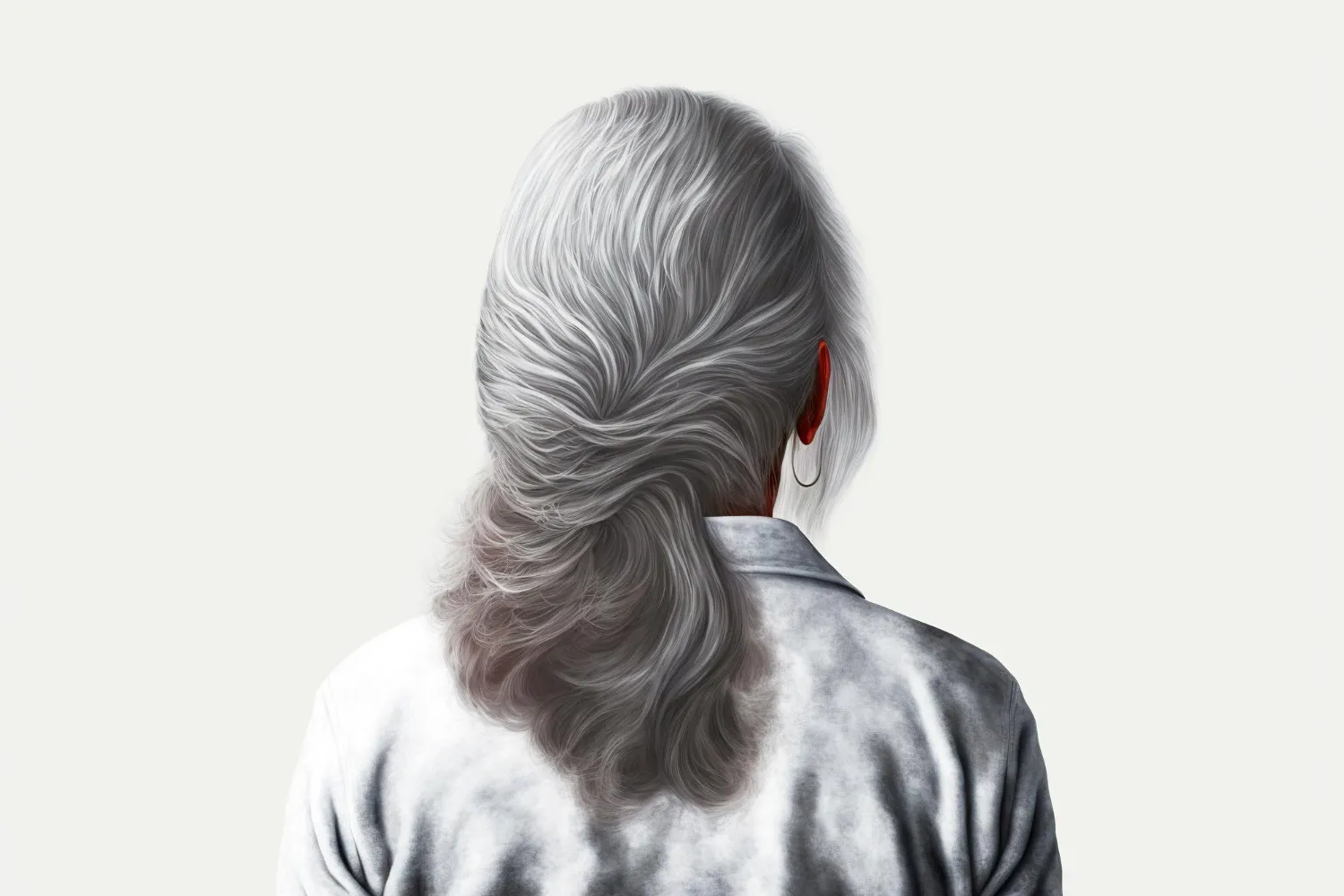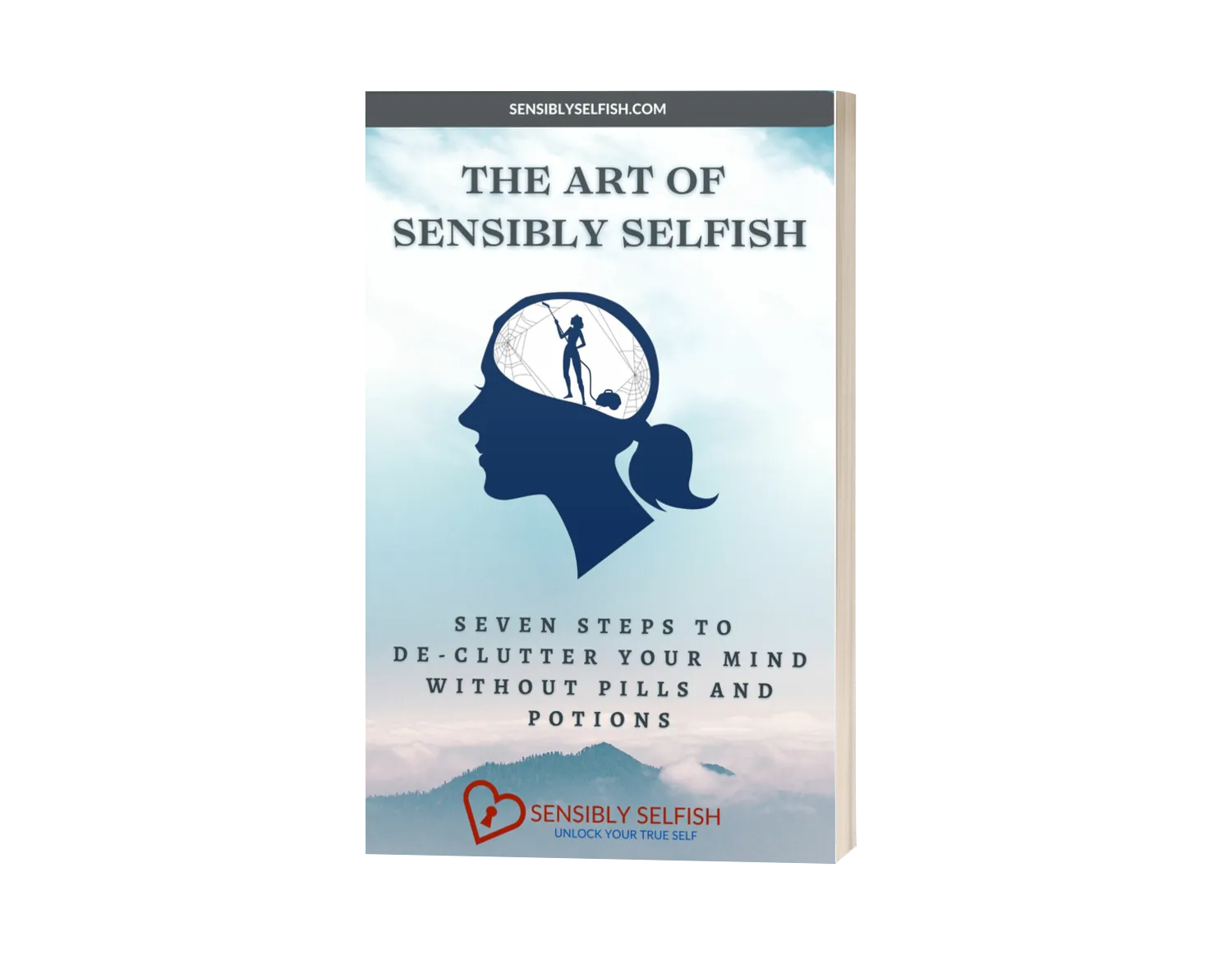The Transformative Power of Forgiveness
Simple Steps for Moving Forward

[Toc]
In the tapestry of our lives, forgiveness is a thread that weaves profound healing and self-liberation. As women over 45, we've gathered experiences, some of which may have left us with lingering grudges or unspoken resentments. In this chapter of our journey, let's dedicate time to the transformative act of forgiveness—an act that is not only a gift to others but a profound form of self-care that contributes to our improved emotional well-being.
What to Expect on Your Forgiveness Journey
Before you begin, read the whole post as it contains useful information on what to expect, how to go about the process, and where to go for help. Forgiveness has the potential to create space in your life, a mental decluttering so that you can embrace the present moment and move forward. Here is what you can expect:
Emotional Liberation
Forgiveness is a key to emotional liberation. Letting go of resentment frees up mental and emotional space, allowing for more positive experiences to flow in. It's a liberation that resonates deep within, creating ripples of newfound freedom.
Improved Well-Being
The act of forgiveness is intricately linked to improved mental well-being. It acts as a balm, reducing stress and anxiety, and enhancing overall emotional resilience. As you forgive, you nourish your well-being.
Empowerment
Choosing forgiveness is an act of courage that empowers you to take control of your emotions and responses. It leads to a greater sense of inner strength, allowing you to navigate life with resilience and grace.
Enhanced Relationships
If forgiveness involves someone close to you, it can pave the way for rebuilding trust and the possibility of stronger, healthier relationships. It becomes a bridge connecting hearts that have weathered storms.
Personal Growth
In the garden of personal growth, forgiveness is a potent fertilizer. It allows you to transcend negative experiences, fostering resilience and cultivating a positive mindset. Through forgiveness, you bloom into a version of yourself that embraces life's challenges with grace.

How to Embrace Forgiveness
One of the best ways to start overcoming hurt is using pen and paper. There is something magical that happens when you connect your head and heart through your hand. We do not get the same effect when using a computer or thought alone. Ink and Intention may seem old-fashioned, yet it is the fastest way to change.
Now is a good time to invest in a journal or notebook where you can write down your thoughts. You do not need to share the contents with anyone else, you may never read the contents again, yet it is the physical process of writing that brings freedom.
Reflect on Your Emotions
Begin this powerful journey by taking a moment to reflect on any lingering grudges or resentments you may be holding. Write them down and then turn them into a list with the biggest resentment first. It is always better to tackle one item on the list at a time. Attempting to deal with everything at once will only bring disappointment.
Take the first and dive into the depths of your emotions, what do you feel? Do you want to feel these feelings or do you want to change them for something else? If you want to change what serves you better today? Understanding the intricate threads that tie you to these past experiences is key at this stage.

Cultivate Empathy
As you delve into the profound journey of forgiveness, journaling can be a powerful tool to cultivate empathy and understand the story from the other person's side. Here are some reflective questions to guide your journaling:
What might have been their intentions?
Consider the circumstances and the context surrounding the actions that led to the need for forgiveness. Reflect on their possible intentions, looking beyond the surface of the situation.
How might their experiences have shaped their actions?
Explore the life experiences and challenges the other person may have faced. Understand how their past may have influenced their choices and behavior, leading to the need for forgiveness.
In what ways have they grown or changed since the incident?
Acknowledge the human capacity for growth and change. Reflect on any signs of personal development or shifts in their perspective that may have occurred since the incident.
What emotions might they have experienced during that time?
Delve into the emotional landscape of the other person. Consider the emotions they might have grappled with during the challenging period, offering insight into their internal struggles.
How might they perceive your feelings and experiences?
Imagine how the other person perceives your emotions and experiences. Reflect on the impact your feelings may have had on them and how they might view the situation from their perspective.
Journaling with these questions in mind allows you to step into their shoes, building a bridge of understanding and empathy. It's a compassionate exploration that fosters healing and opens the door to a more profound connection, both with yourself and the person you're forgiving.

Release the Weight
In the sacred act of forgiveness, acknowledging the weight of grudges becomes a pivotal step toward liberation. When we carry the heavy burden of unresolved emotions, and consciously choose to release this weight it is an act of self-love and empowerment.
Acknowledge the Burden
Begin by acknowledging the weight that grudges carry. Reflect on the emotional toll these unresolved feelings may have taken on your mental well-being. Awareness is the first step in this transformative journey.
Conscious Choice to Release
Make a conscious choice to release the burden. Understand that forgiveness is not about condoning past actions; it's a profound gift you give to yourself. It's a deliberate decision to unshackle yourself from the chains of resentment.
Embrace the Profound Gift
Recognize that forgiveness is a profound gift—an offering of freedom and renewal to your soul. As you release the weight, you create a sacred space within, inviting positivity and renewal.
Liberation and Positivity
Feel the liberation as the weight begins to lift. Picture the heaviness dissipating, making room for positivity and light. This act of self-compassion opens the door to a brighter, more hopeful chapter in your life.
Renewal of Self
Understand that forgiveness is a renewal of self. By letting go of the burden, you pave the way for personal growth and a deeper connection with your authentic self. It's a transformative journey that radiates from within.
As you release the weight of grudges, embrace the profound gift of forgiveness. It's not just an act of mercy toward others but a deliberate act of self-compassion. In letting go, you reclaim your power, creating space for a renewed sense of purpose and positivity. The echoes of liberation resound, setting the stage for a lighter, more fulfilling life ahead.

Optional Communication and Alternatives
In the intricate dance of forgiveness, optional communication stands as a powerful step, fostering understanding and closure. However, there are instances where connecting verbally may not be feasible or emotionally advisable. In such cases, alternative rituals and expressions can still contribute to the transformative journey of forgiveness.
Artistic Expression: Channel your emotions into artistic expression. Whether through painting, writing, or crafting, transform your feelings into tangible works of art. The act of creation becomes a cathartic release and an unspoken form of communication.
Burning Ceremony: Consider a symbolic burning ceremony of written reflections. Write down your thoughts and feelings, expressing them on paper. As you watch the paper burn, visualize the release of negativity and the transformation of those emotions into ashes.
Nature Connection: Immerse yourself in nature. Find a quiet spot, surrounded by the beauty of the outdoors. Release your thoughts into the wind, allowing nature to carry away the burdens and replace them with a sense of tranquility.
Mindful Meditation: Engage in mindful meditation. Visualize a serene place where forgiveness flows effortlessly. Through meditation, you can cultivate a sense of peace within, even if direct communication is not possible.
Symbolic Acts of Release: Create a symbolic act of release. It could be as casting stones into a body of water, symbolizing the release of emotional weight.
Letter to Yourself: Write a letter to yourself, expressing the forgiveness you wish to extend. This powerful self-affirmation allows you to acknowledge your growth and commitment to healing, even without direct communication.
Ceremonial Closure: Craft a personal closure ceremony. Light a candle, say a prayer, or perform a small ritual that signifies the closing of one chapter and the beginning of another. It's a meaningful way to mark your journey of forgiveness.
While optional communication can deepen understanding, these alternative rituals offer pathways for those moments when words may not suffice. Remember, forgiveness is a deeply personal journey, and finding the right non-verbal expressions can be just as profound in fostering healing and closure.

Navigating the Ebb and Flow
Being human is always about the ups and downs. Just as a heartbeat monitor has peaks and troughs, without them we would be flatlined or dead. It is important to realize that life is not meant to be lived on one level. Things happen that are neither good nor bad - they just are. Being Sensibly Selfish and putting ourselves first leads to forgiveness, of ourselves and others.
Self-Compassion
Forgiveness is a journey, not a destination. Understand that it's okay if the process doesn't unfold overnight. Cultivate self-compassion, acknowledging that healing takes time, and each step is a triumph.
Seek Support
If the journey feels overwhelming, consider seeking support from friends, family, or a mental health professional. Use the contact button at the end of the post if you would like to chat and see how we can work together. Having a supportive network can provide guidance, understanding, and the strength needed to traverse challenging moments.
As you embrace and practice forgiveness, recognize the transformative power it holds. It's not about condoning past actions but about liberating yourself from the burden of resentment. In choosing forgiveness, you grant yourself the freedom to move forward with a lighter heart and a renewed sense of well-being. The journey is uniquely yours, a testament to your strength, resilience, and capacity for growth.









